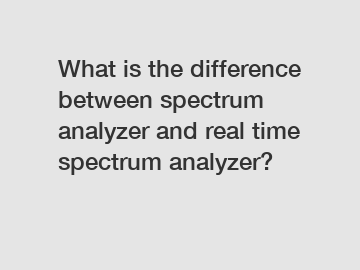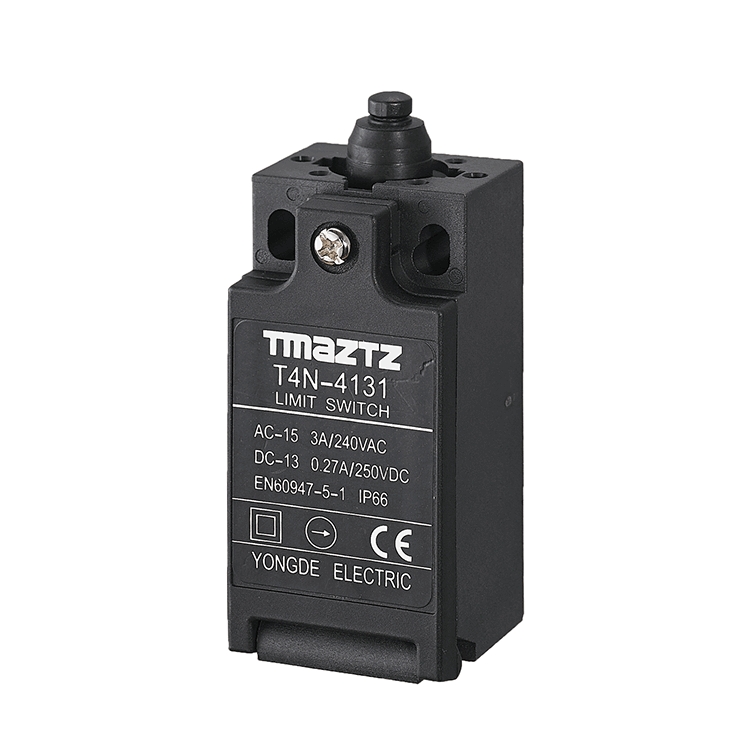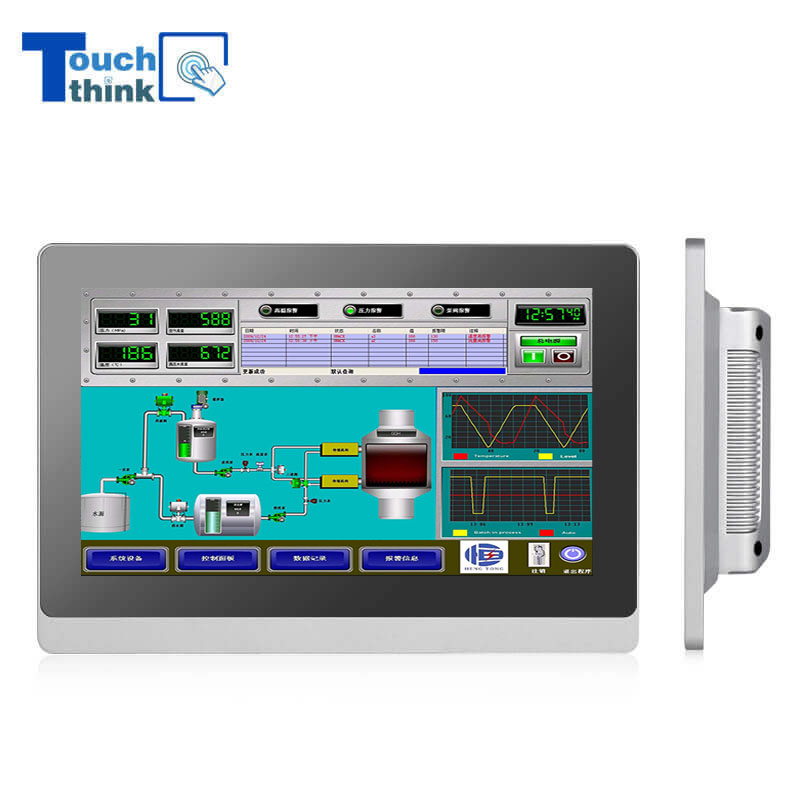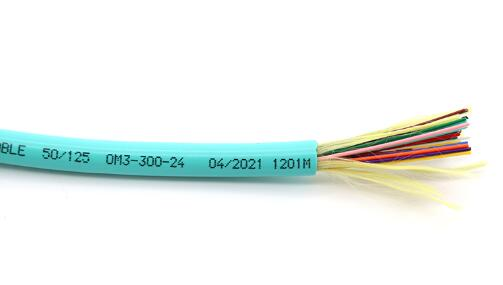What is the difference between spectrum analyzer and real time spectrum analyzer?
Have you ever wondered how engineers and technicians analyze the frequency content of various signals? Spectrum analyzers are the go-to tools for this purpose, allowing professionals to understand the spectral components and characteristics of signals in a particular frequency range. However, there are different types of spectrum analyzers available, including real-time spectrum analyzers (RTSA). In this blog, we will explore the difference between spectrum analyzers and real-time spectrum analyzers, and how each tool can be beneficial in different scenarios.
First, let's start by understanding the basics of a spectrum analyzer. A spectrum analyzer is an electronic device used to measure the magnitude of signal elements across various frequencies. Traditional spectrum analyzers use a technique called a swept-tuned spectrum analyzer. These analyzers work by sweeping through the frequency range of interest and measuring the power level at each individual frequency point. The measured power levels are then displayed on a graph, known as a spectrogram or a power spectrum.
On the other hand, real-time spectrum analyzers take the concept a step further. They have the capability to capture and process the entire frequency range simultaneously, providing instantaneous and continuous analysis of signals. Unlike swept-tuned analyzers that sequentially measure at different frequency points, RTSA devices capture a wide frequency spectrum in real-time, allowing for in-depth and detailed analysis.

One of the key advantages of real-time spectrum analyzers is their ability to capture transient and intermittent signals. Traditional analyzers might miss these signals if they occur between frequency sweeps. RTSA, however, detects and captures these signals as they happen, ensuring that no critical information is lost. This makes real-time spectrum analyzers crucial in many applications such as aerospace, defense, and wireless communication, where intermittent signals need to be closely monitored and analyzed.
Moreover, real-time spectrum analyzers provide comprehensive data that can be analyzed in different domains. With traditional analyzers, engineers can only observe the frequency domain. In contrast, RTSA devices offer simultaneous analysis in the time, frequency, and modulation domains. This multifaceted analysis helps professionals gain in-depth insights into signals, allowing for efficient troubleshooting and optimization of electronic systems.
Additional resources:Why do we need arcing horns?
LFP Lithium Ion: The Essential Guide to Battery Technology
What are the different types of ODF?
What is UL508A certification?
Top FAQs About Three-Phase 4-Wire Low Voltage Switch Cabinet
New Anti-Corona Ring: Effective Defense or Scam?
LFP Lithium Ion: The Key to Longer-Lasting, Safer Battery Technology
Another significant advantage of real-time spectrum analyzers lies in their advanced trigger and capture capabilities. These analyzers come equipped with specialized triggering functions that initiate measurements when specific criteria are met. This enables engineers to focus on the signals of interest, ignoring irrelevant or background noise. Furthermore, RTSA devices can hold and replay captured data for further analysis, providing a deeper understanding of complex signals or events.
While real-time spectrum analyzers offer numerous benefits, it is essential to note that traditional spectrum analyzers still serve a purpose. Swept-tuned analyzers are typically more affordable and can cover a wider frequency range compared to real-time spectrum analyzers. They are often used in applications that do not require real-time analysis or deal with signals that are not intermittent or transient. Swept-tuned analyzers remain a reliable choice for most general-purpose applications.
In conclusion, both spectrum analyzers and real-time spectrum analyzers are vital tools in the arsenal of engineers and technicians. Traditional analyzers offer a cost-effective solution for general-purpose applications, covering a wide frequency range. On the other hand, real-time spectrum analyzers provide instantaneous and continuous analysis, capturing even the most elusive intermittent signals. With their advanced triggering and analysis capabilities, RTSA devices excel in applications that require real-time monitoring and troubleshooting, such as aerospace, defense, and wireless communication.
No matter the choice between spectrum analyzers or real-time spectrum analyzers, professionals can rely on these tools to gain valuable insights into the frequency components of signals. Whether it's for optimization, troubleshooting, or research purposes, these analyzers play a crucial role in the world of electronic systems. So, the next time you find yourself analyzing signals, consider the specific requirements of your application and choose the analyzer that best suits your needs.
If you want to learn more, please visit our website Arbitrary Waveform Generators, 3ghz Signal Generator, Dc Millivoltmeter.
Additional resources:How to choose the best communication cables for your business purchase stage?
Unlocking the Power of VDA in Standard Modules
Revolutionizing communication: BOKR vs traditional methods?
Are suspension clamps for overhead lines worth the investment?
What counts as a cycle for LiFePO4?
Best Fiber Optic Cables for Enterprise Purchase: Which Should You Choose?
Is the CNLinko USB connector worth the purchase?
302
0
0
Related Articles
-
226
0
0
-
230
0
0
-
Top 5 Innovative Ways to Use Adss Clamp Mayorista - What's Your Favorite?
Top 5 Innovative Ways to Use Adss Clamp Mayorista - What's Your Favorite?
235
0
0
-
238
0
0
-
367
0
0
-
420
0
0
-
400
0
0
-
374
0
0









Comments
All Comments (0)